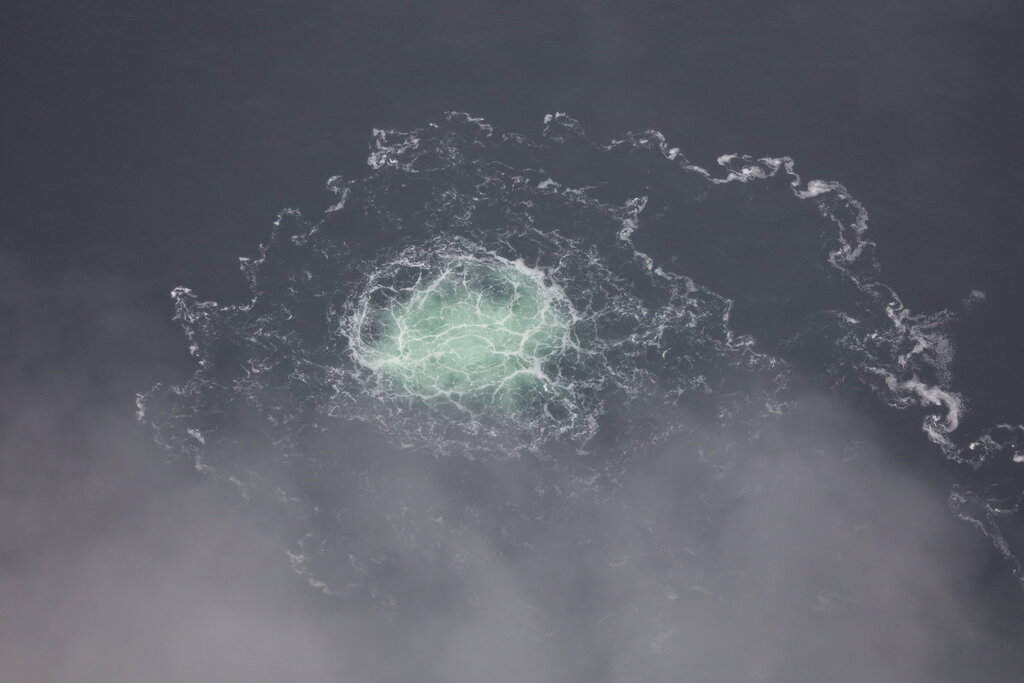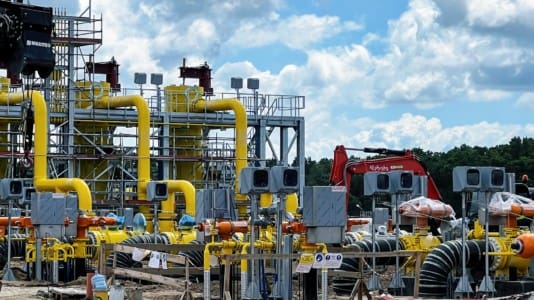With three of the four pipelines delivering Russian natural gas to Europe out of commission, Hungary is now the only EU member state still receiving Russian gas, Forbes Hungary writes.
There are four pipelines that could supply Russian natural gas to Europe: Nord Stream 1, with a capacity of 55 billion cubic meters (bcm) per year (deliveries on this one were halted by Russia); Nord Stream 2, with an identical capacity of 55 bcm (this one never became operational after the German government refused to approve it in the wake of Russia’s invasion of Ukraine).
Yamal Europe, the longest pipeline (4,107 kilometers) supplies gas from the Yamal Peninsula in Western Siberia, terminating in Germany, and has a capacity of 33 bcm. Deliveries were halted by Russia in May.
Turk Stream, delivering gas from Russia under the Black Sea and through the Balkans, has a capacity of 31.5 bcm and is the only pipeline still in operation. It terminates in Hungary, meaning that as of now, Hungary is the only EU member state still receiving Russian natural gas.
Due to the huge income Russia has made from soaring gas prices, coupled with a massive reduction in other trade with Europe, Russia has no interest in completely shutting down these pipelines. Although Hungary still receives gas, its price is linked to market prices, thus the country is strongly opposed to any further sanctions against Russia.
Earlier this week, Prime Minister Viktor Orbán announced a national consultation over the EU’s Russia sanctions, with the consultation asking citizens whether they support the sanctions or not. The Hungarian government has vocally opposed many of the sanctions imposed on Russia arguing they harm Europeans more than they hurt Russians. Hungarian Prime Viktor Orbán just last week called for an end to Russian sanctions by the end of the year in order to halt inflation, halve food prices, and bring soaring energy costs under control.






